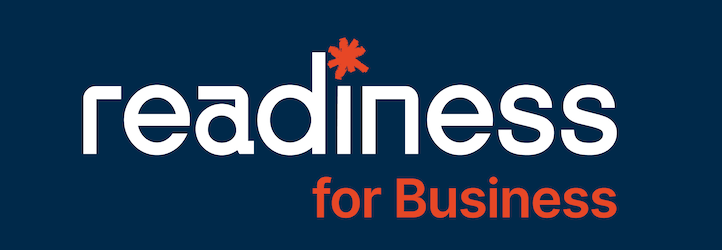By Christi Malthouse
It’s Friday night, you’ve just finished work for the day and you’re looking forward to the weekend when your phone buzzes with an email.
You could leave it until Monday, but what the heck you think, I’ll just reply quickly and then get on with my weekend. But before you know it, you’re still in front of your lap-top and Friday is almost over.
Sound familiar?
What was an issue pre-COVID has become amplified due to working-from-home arrangements, and now two in five workers in Australia are affected by an “always on” culture, according to research firm Roy Morgan.
But NOT switching off can have a negative impact on your mental health and wellbeing, including fatigue, stress, decreased sleep, and putting a strain on relationships, potentially leading to anxiety or depression.
And managers in particular need to be aware of the example they are setting as a human resource issue, providing employee support by creating a culture that emphasises a healthy work-life balance and assists in employee wellbeing.
As we hastily approach Christmas and the end of a year that felt like it would never end, the time for downing tools is before us. For many, slowing down may be difficult, yet they are the people who will benefit most from taking the time out to recharge their batteries.
Top tips for switching off
Firstly, give yourself permission to stop and have a break. Remind yourself that time off to unwind is not only beneficial to your physical and mental health, it is a basic need, like sleep, to refuel and revitalise your system.
Plan for and adhere to an exit plan. Just like ticking off your to-do list on a daily basis, intentionally arranging time off by giving co-workers advance notice of your leave and redistributing tasks and responsibilities allows you to step away without disruption.
Switch off, literally! Yes that means closing down your computer, installing an automatic-reply email, and turning off your phone to work calls. This may also require unplugging from social media. Benefits of a digital detox include improved brain function, more restful sleep, a more conscious approach to technology, and help breaking a detrimental habit.
Change your mindset. Every time a work-related issue pops into your head, dismiss it by reminding yourself that you are “closed for business.” Visualise yourself filing it for another day, or if completely necessary, jot it down on a notepad and immediately physically file it away.
Get moving. By exercising you receive an endorphin boost which is good for the body and mind. And if it’s outdoors, fresh air and sunshine are an extra bonus. Just 60-minutes of physical activity a day can increase your metabolism, improve your heart health and positively affect your mindset. If you need more to distract your mind from work, find a hobby! Anything from surfing to gardening to knitting can redirect your focus and positively affect your mood.
Become a Master Chef! Well that might be a little far-fetched, but the act of preparing and cooking a healthy meal can take your mind off work, with the extra benefit of consuming healthy food. A glass of wine to accompany your meal is OK in moderation but remember not to rely on alcohol to unwind as heavy drinking can increase anxiety and depression.
Sleep like a baby. By that we mean create your own bedtime routine to assist in a more restful night’s sleep. Avoid screens prior to bed, practice mindfulness, read a non-work related book, and ensure your bedroom is dark and at an appropriate temperature. Seven to eight hours of quality sleep a night can aide you in reducing the risk of serious health problems, improving your mood and thought clarity, and healthy weight maintenance.
The old saying, “Change is as good as a holiday,” couldn’t be more in context than in 2020, when overseas holidays are off the agenda, and even interstate travel is limited. But when a change of pace and a change of focus is as critical as ever as a restorative measure for a stressful year, then taking the time to switch off at home is imperative.
Remember, “All work and no play make Jack a dull boy!” Who knows, all that rest, exercise, and creative play may just lead to a new passion. Croquembouche anyone?
For more tips and strategies to support the mental health and wellbeing of your employees, click here.

